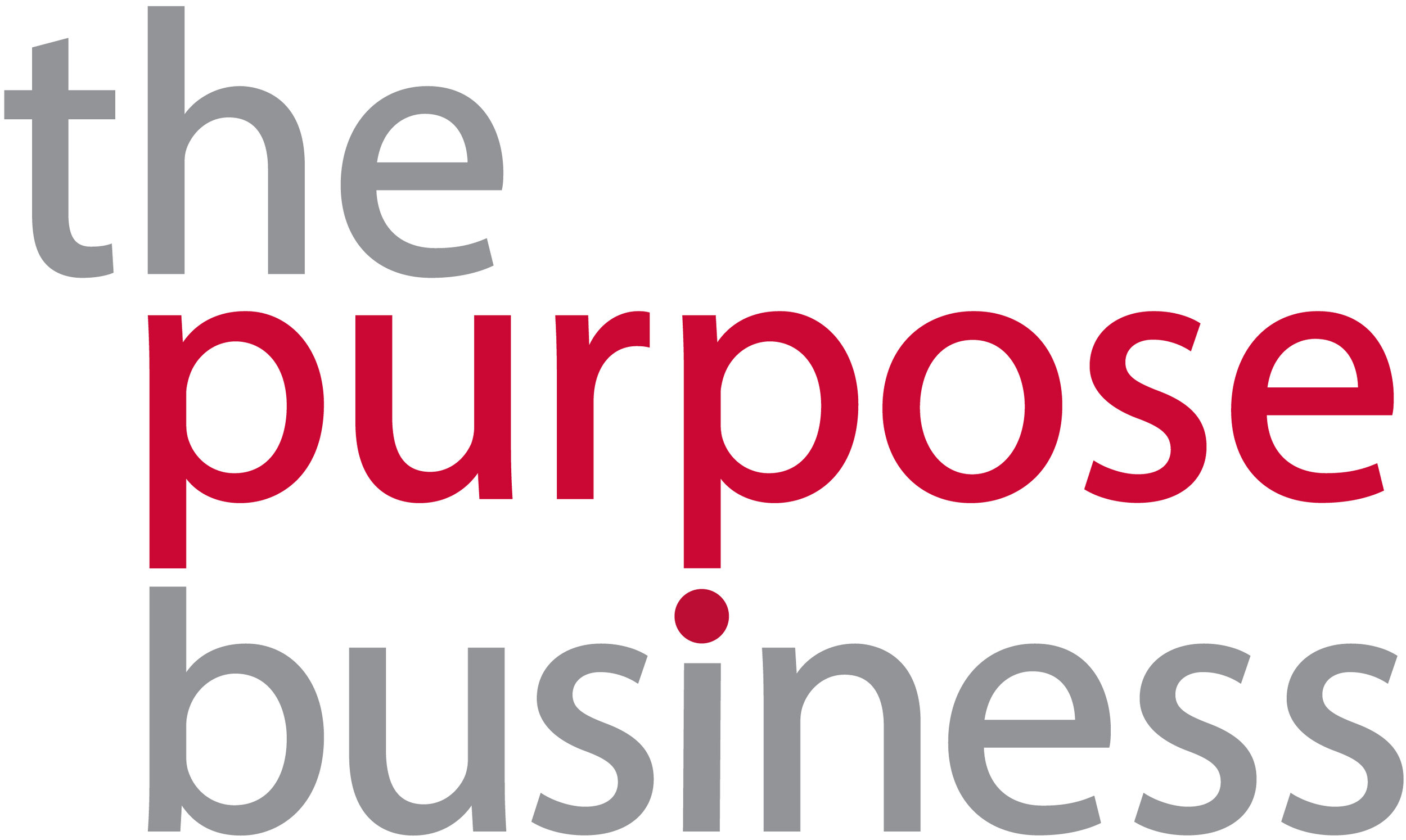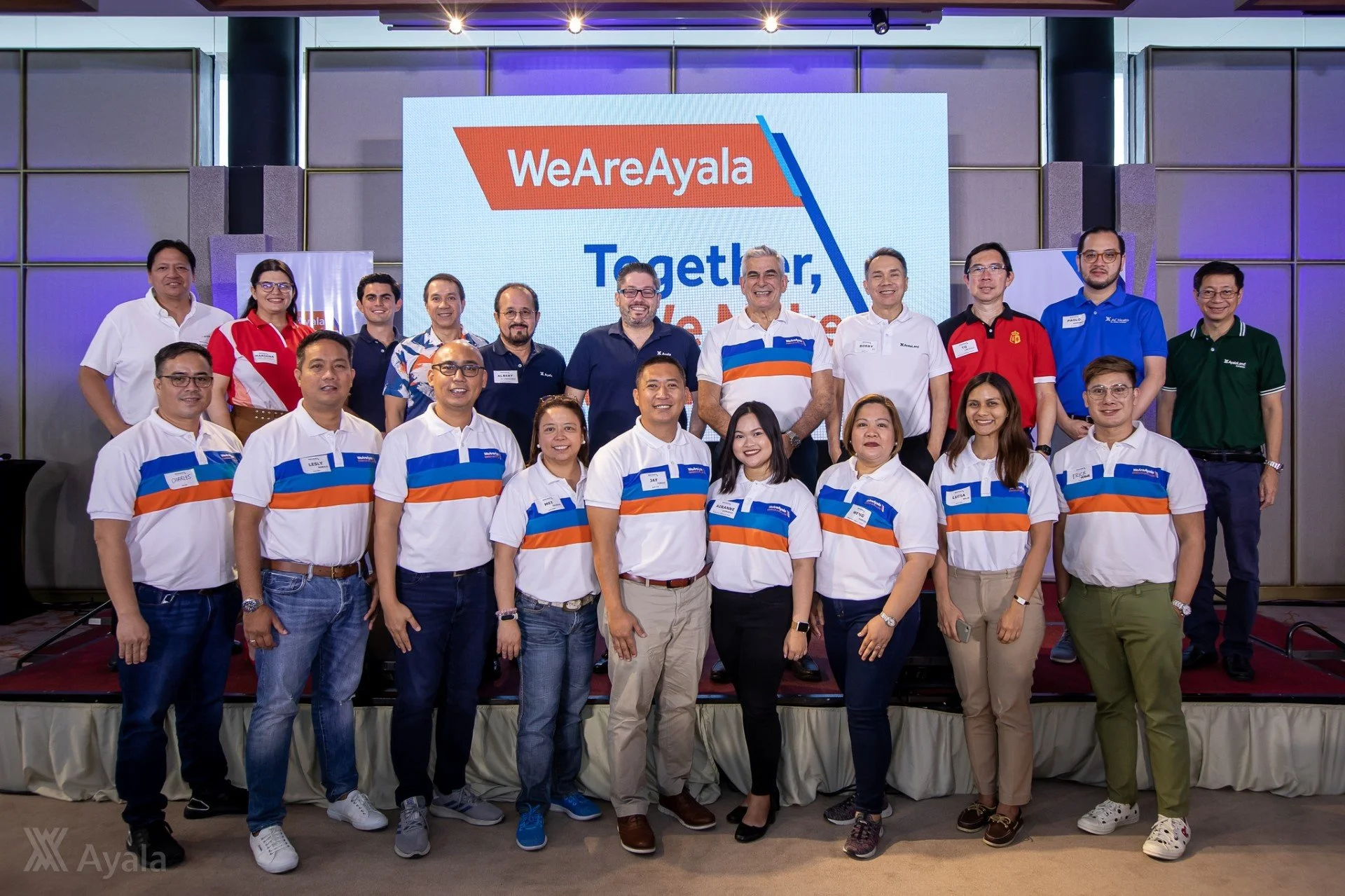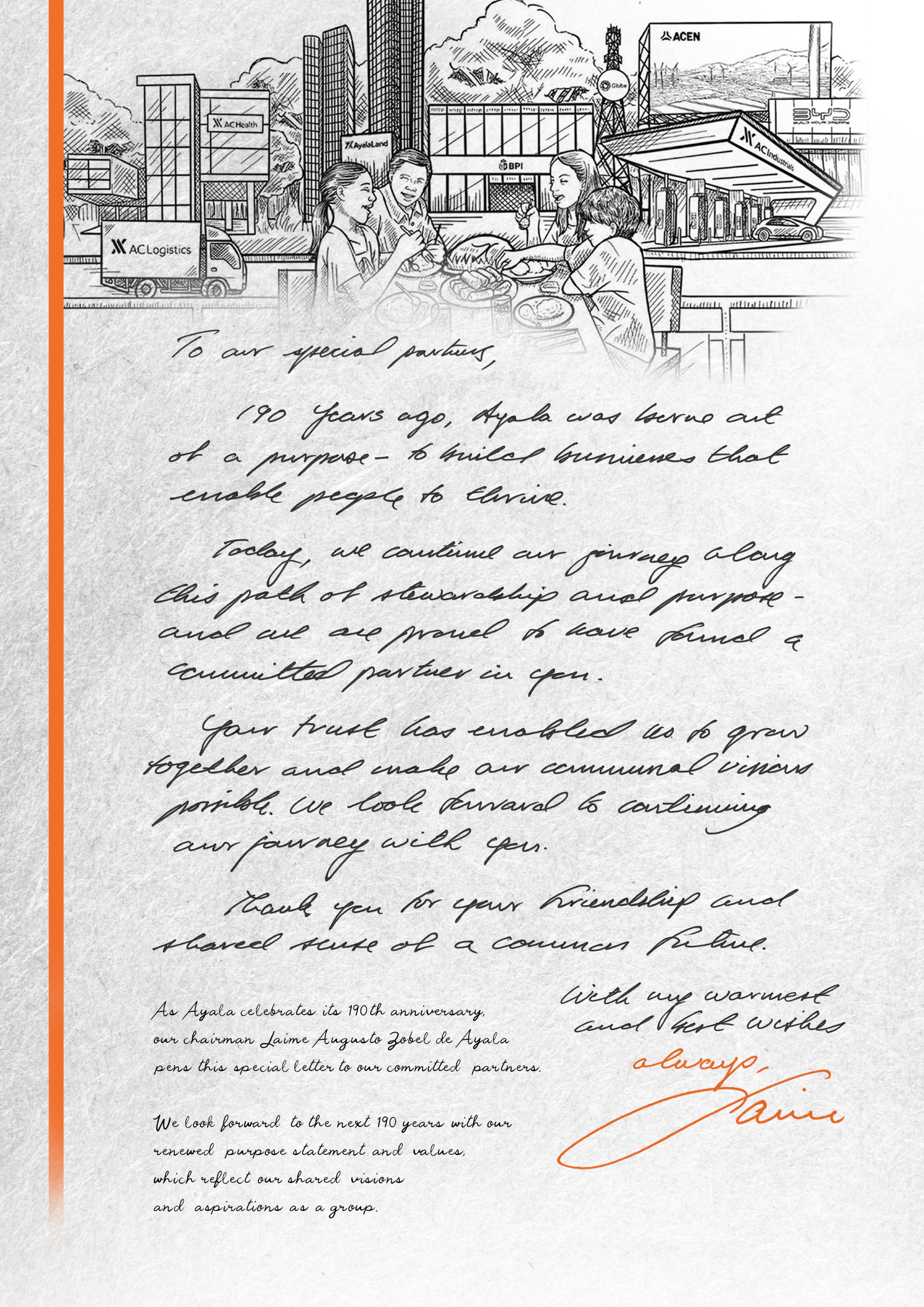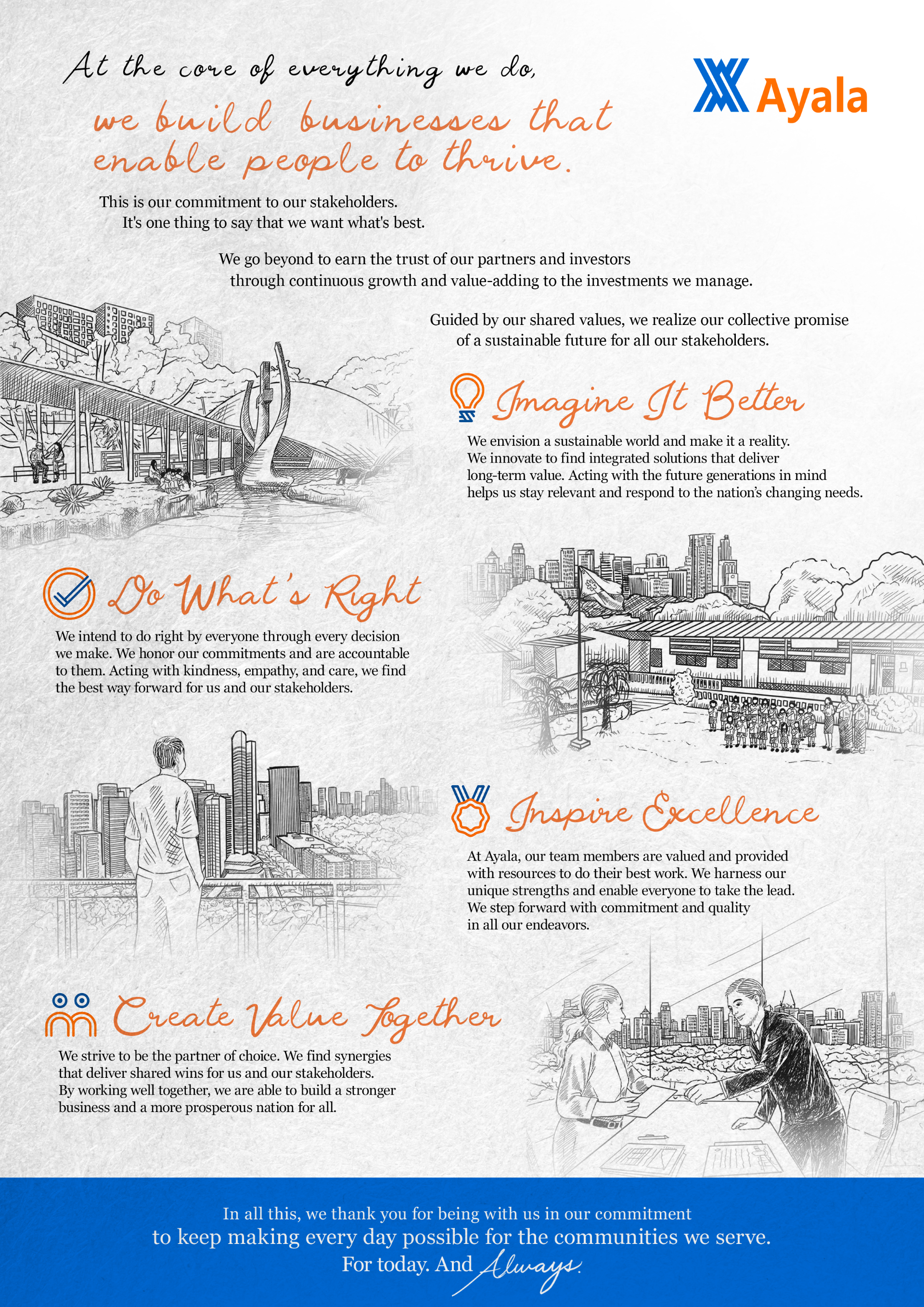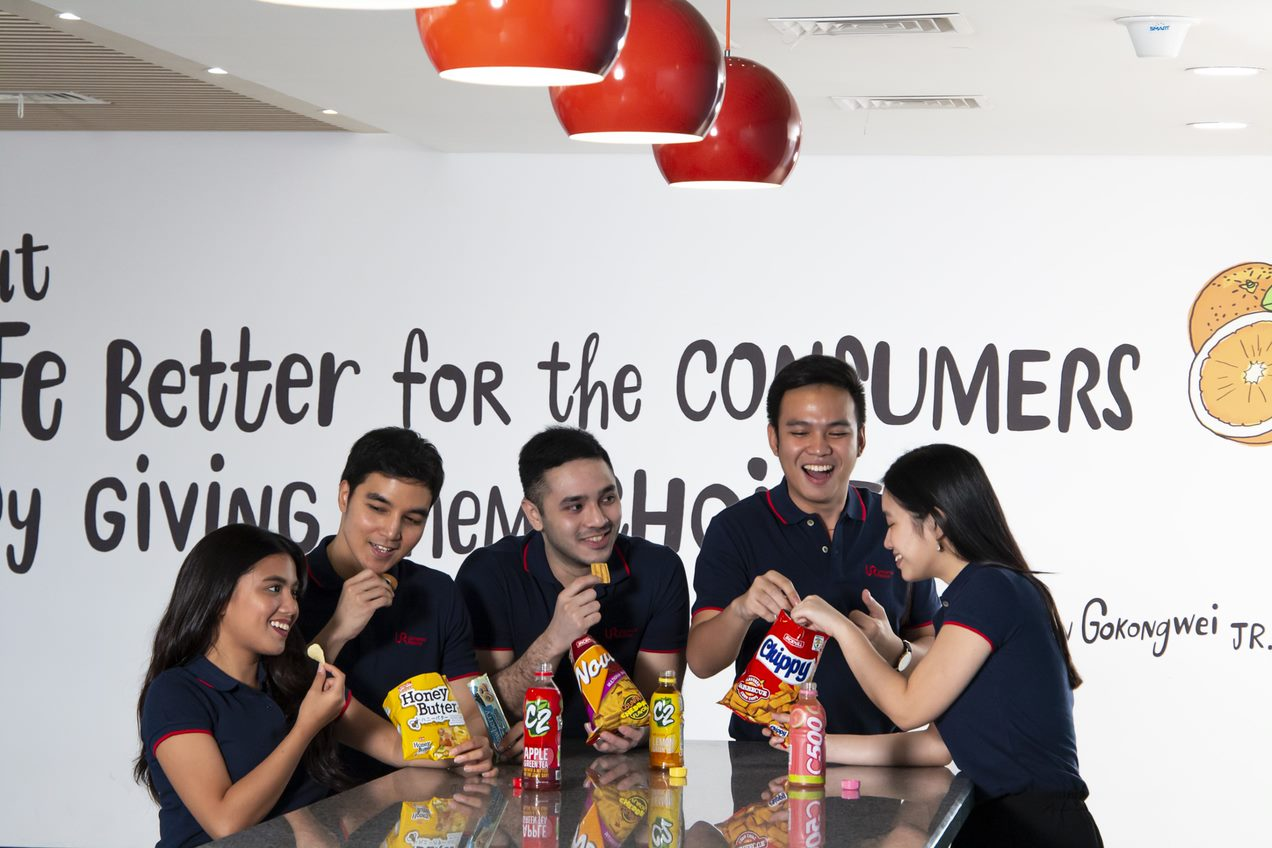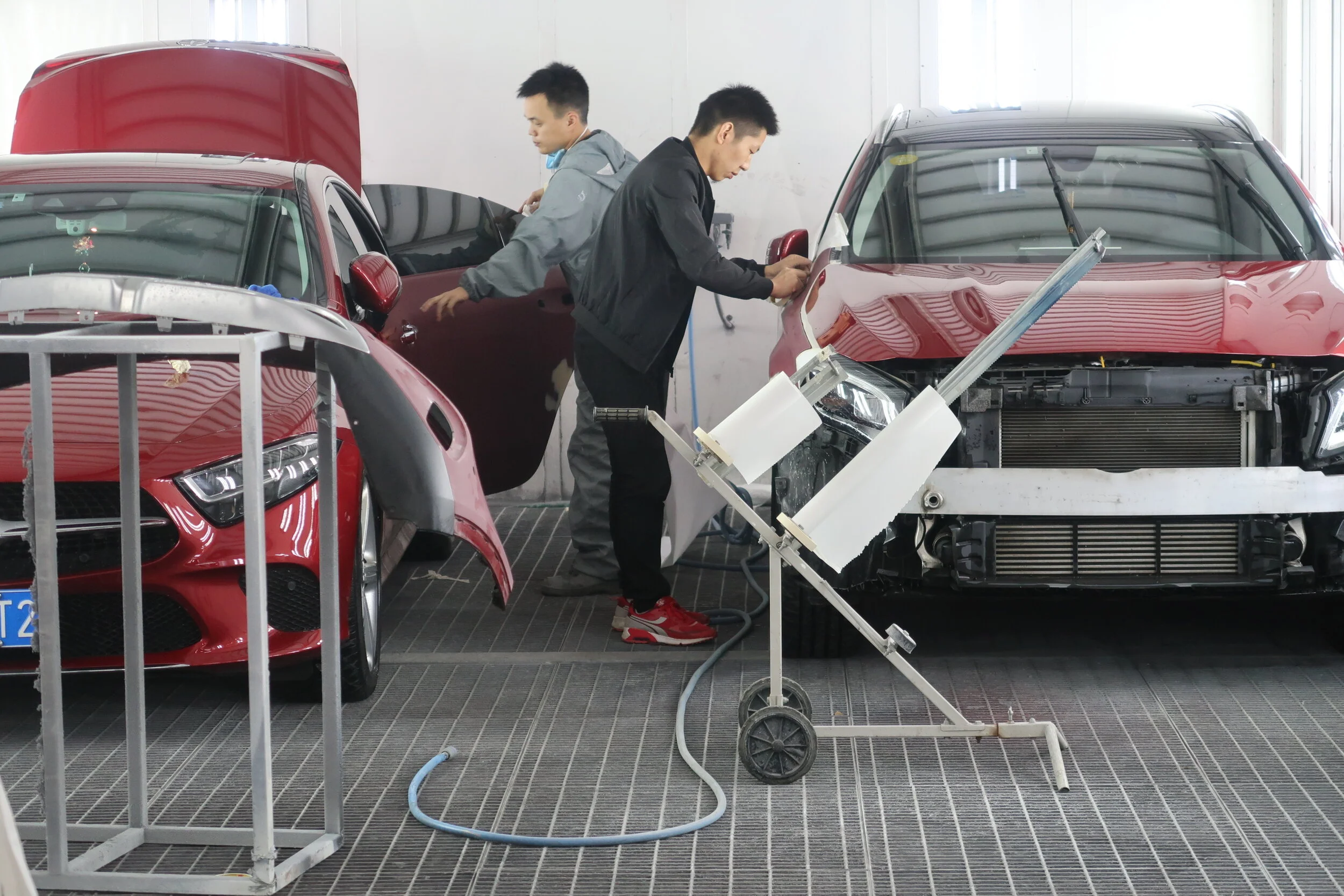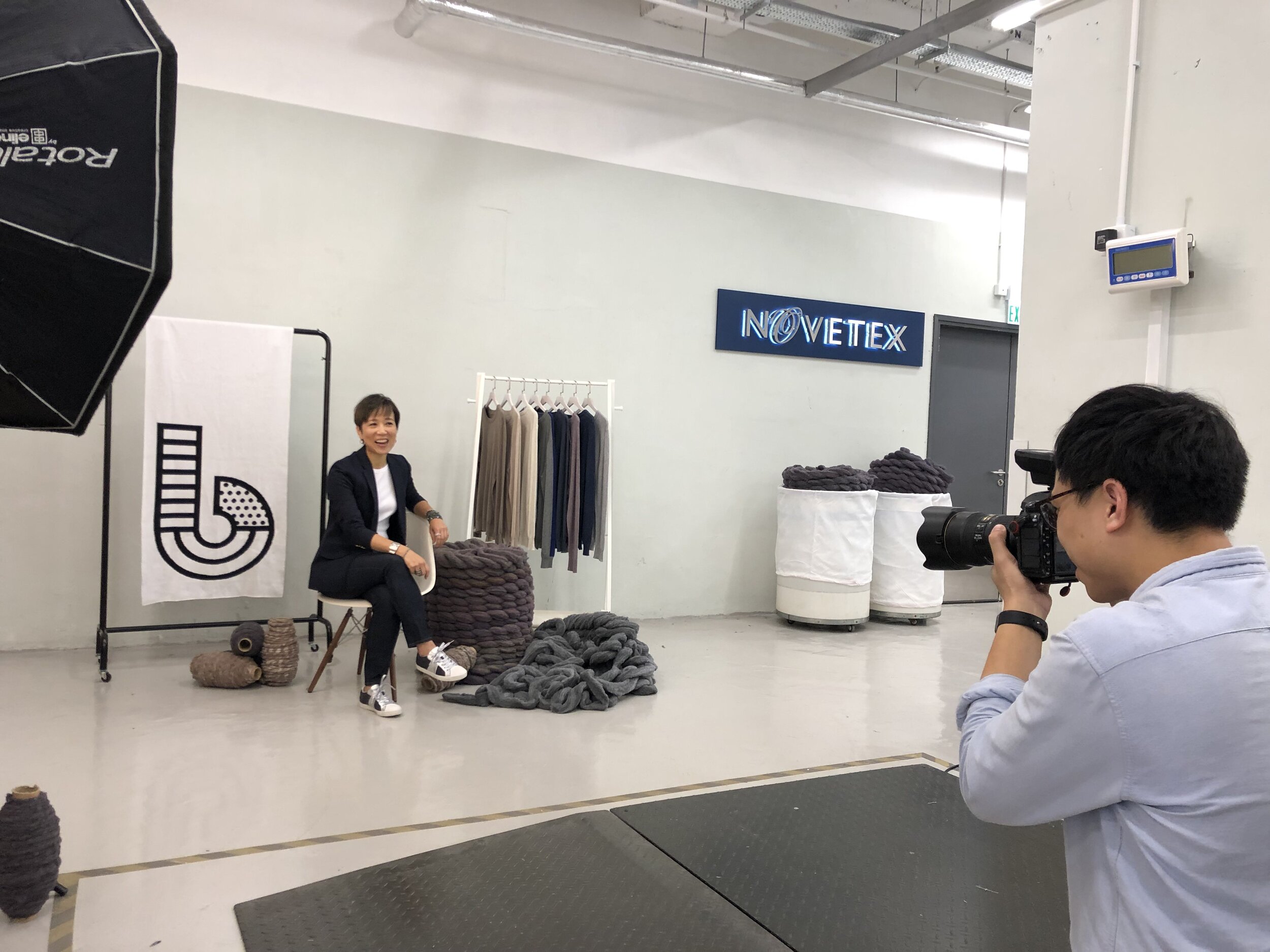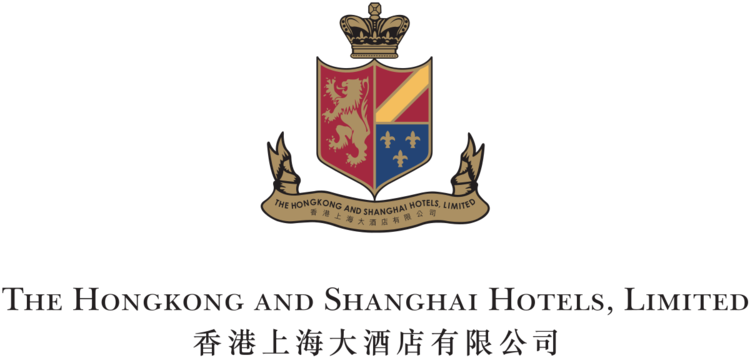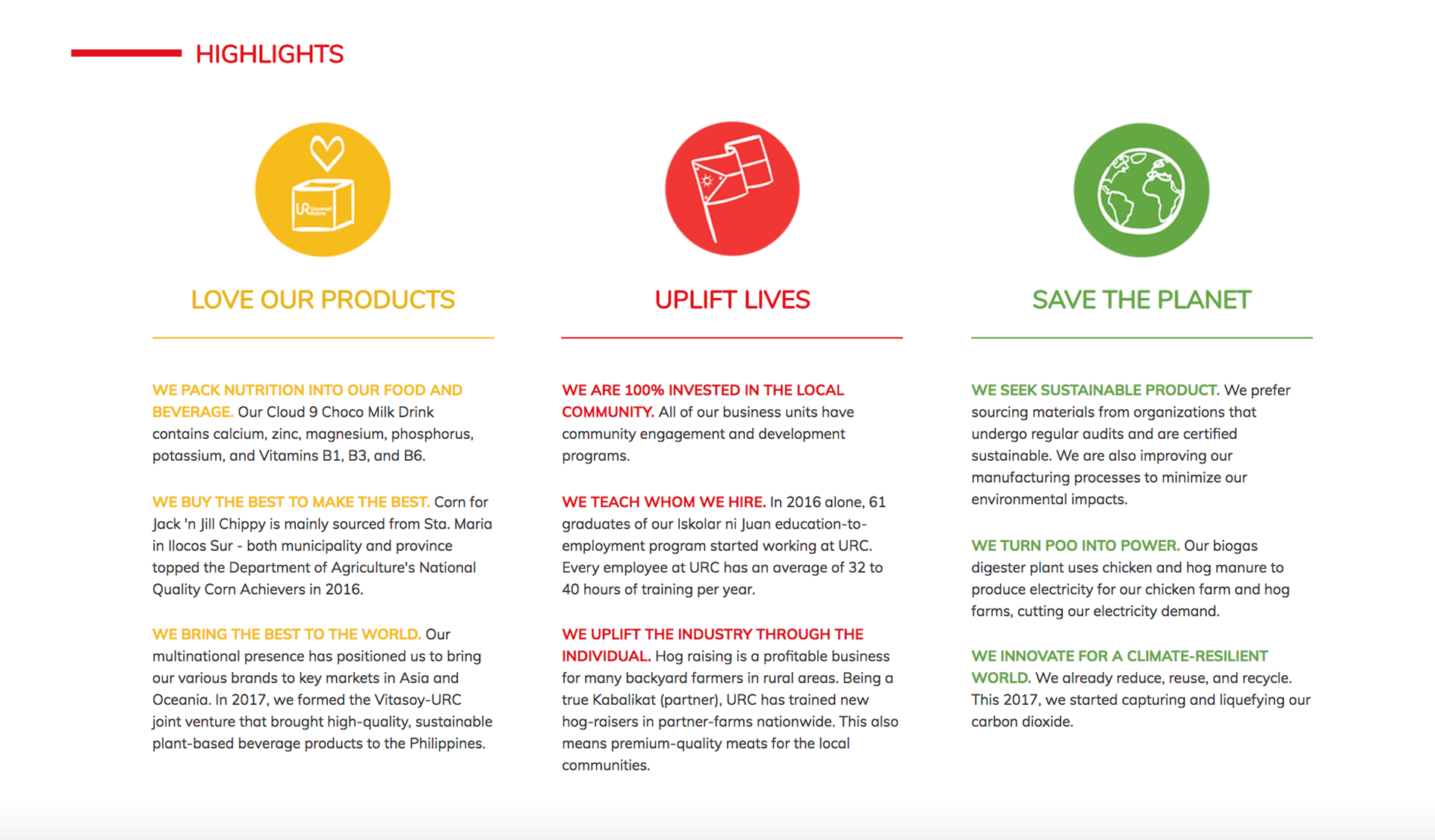Placing Purpose at the Heart of
Swire Hotels’ Success
Challenge
Swire Hotels has consistently set itself apart in the hospitality industry through its commitment to intuitive and innovative designs, an ethos centred around individuality, and a service culture that is cool, personal and fun.
As Swire Hotels prepared to launch its Employer Branding and 2030 business strategy in 2024, its senior leadership team recognised the need for a clearly articulated purpose statement. With exciting developments such as refurbishments and new hotel openings on the horizon, the goal was to distil a purpose statement that not only reflects the enduring values of Swire Hotels but also inspires its future.
Solution
The Purpose Business (TPB), having collaborated with Swire Hotels since its inception, partnered with Within People (Within) to articulate Swire Hotels' purpose, as part of their Purpose, Values and Ambition (PVA) suite of offerings. Swire Hotels was guided through three intensive, co-creative sessions to unpack its brand identity, values, and vision, with the goal of crafting a purpose statement that uniquely and unequivocally represents the company.
Impact
An authentic purpose statement that encourages employees and guests to feel liberated, celebrated as individuals, and connected to Swire Hotels’ vision of “inspiring people to think differently”. The new purpose statement is one that staff at every level across all markets can feel connected to and build meaning into through their daily roles and interactions. It will serve as a guide and an anchor for senior management to make critical decisions related to rebranding, renovating, and recruiting top talent, ensuring these actions align with the organisation's core values and ambitions.
“Working with The Purpose Business and Within People really helped us step out from the traps which we had navigated towards; namely too narrow of a perspective influenced by other stakeholders. The facilitation provided by TPB was jargon-free, measured and considered in nature and we arrived at our goal without having felt we had moved a mountain. As we embark on a strategy of growth, we are now deploying our refreshed Purpose within our Employee Value Proposition and our Picture of Success. These will be communicated to all internal stakeholders over the coming months I preparation for the 2025 financial year.”
— Dean Winter, Managing Director, Swire Hotels
